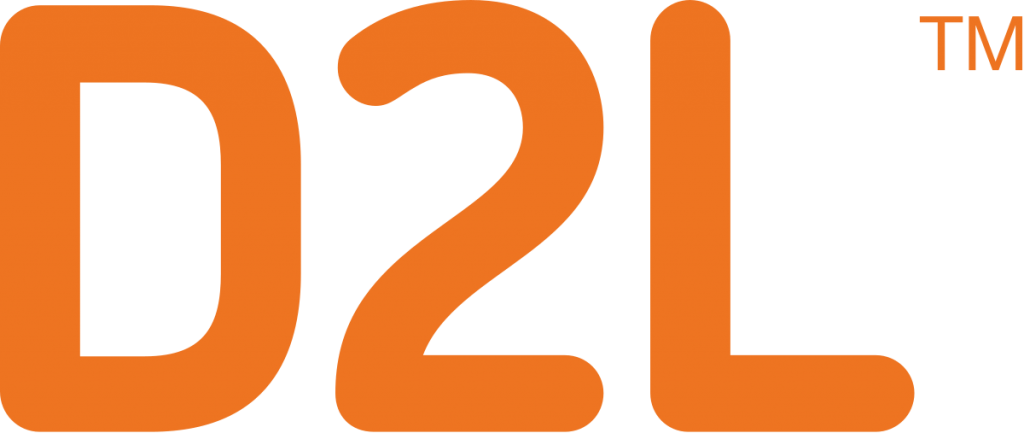by browkaa | Mar 26, 2021 | Faculty

Business First interviewed Canisius President John J. Hurley about a recent $4.4. million grant, which New York State awarded the college. Click here to read the story.
Spectrum News recently spoke with Sara Vescio, executive director with the Women’s Business Center (WBC) at Canisius College, about the journey to close the gender wage gap and the continuing fight to do so.
Click here to watch the story on Spectrum News.
Submitted by: College Communications
by browkaa | Mar 26, 2021 | Faculty
Jesuits West Collaborative Organizing for Racial Equity (CORE) is offering a program titled “Wrestling with Whiteness,” facilitated by Annie Fox, Jesuits West Provincial assistant for Social Ministry Organizing. The program runs the five Thursdays after Easter: April 8, April 15, April 22, April 29 and May 6 from 3:30 – 5:30 p.m. PT.
This training will create a shared understanding of whiteness, reflect on how it lives in us and shapes our lives, and utilize the gifts of Ignatian spirituality to prayerfully consider how we free ourselves to think and act outside of the dictates of white dominant culture. Participants will learn to articulate their own story of whiteness and analyze how their work is impacted by implicit bias and white supremacy, with a particular focus on how our faith institutions perpetuate these dynamics. Finally, participants will get equipped with tactics to train, organize and move other white people in the work of dismantling white supremacy.
There will be about an hour of assigned prep-work for each session, a combination of readings, videos, prayer and reflection questions.
Click here for more information and to register.
Several members of our Canisius community completed the course in 2020. For more information on their experiences, please contact Sarah Signorino, director of Mission & Identity, at signoris@canisius.edu.
Submitted by: Sarah Signorino, director, Office of Mission & Identity
by browkaa | Mar 26, 2021 | Faculty
Spring 2021 The Plague
On Wednesday, March 31 at 1:00 p.m., the Institute for Classic and Medieval Studies (ICMS) will launch the first of two Lifelong Learners courses for the spring 2020 semester. Meeting weekly for six weeks via Zoom, The Plague in Medieval Literature will examine representations of the Black Death in literature of the time. Johanna Fisher, professor of English, will lead discussions on the experience of the plague and the various ways people responded to it. Authors studied include Petrarch, Boccaccio, Chaucer and Langland.
Click on this link to register. There is still room!
Starting the evening of April 15, ICMS’s second spring session will study the Crusades. Watch this space and our website for more information. Join us for some good conversation.
Submitted by: Kristina Laun, social media & web administrator, ICMS
by browkaa | Mar 26, 2021 | Faculty
post-for-3-24-21_colorectal-cancer
The article from Lawley Benefits Group highlights colorectal cancer, which is the third most common type of cancer in the United States.
Learn the risk factors, symptoms, when to get tested and what measures can be taken for early treatment and prevention. See the article above for more information.
Submitted by: Bethany Voorhees, executive associate, President’s Office
by browkaa | Mar 26, 2021 | Faculty

Textbook publishers frequently make additional content and activities available to students in online spaces similar to learning management systems like D2L. They may even offer to integrate their online resources with Canisius’s D2L course spaces. However, there are important factors you should consider before adopting these packages for your courses:
- ITS (including Helpdesk) and COLI do not provide support for digital products, content packages, course cartridges, websites or other tools supplied by content creators outside Canisius College. These publishers may include, for-profit textbook or educational content publishers, database websites, mobile apps or other providers with which Canisius does not have a formal, college-level business relationship. There are too many and they vary widely in function, capability and quality. Publishers must provide support for how to enroll students into online components of their packages, upload their content cartridges into Learning Management Systems like D2L, employ faculty tools such as quiz or exam builders and so forth.
- If your chosen digital publisher content does not work properly, consider having an alternate plan. COLI staff have seen publisher plugins and other content fail, and publishers fail to properly remedy the problem.
- Students are now facing a myriad of online tools and resources across their courses. Employing systems outside D2L, Google Drive, Turnitin or other college-supplied applications may be worth it if these outside resources supply rich, interactive experiences for students. But overly complicated systems that offer another way to deploy quizzes or collect file-based assignments, without substantially different features than D2L, are not worth it. Consider carefully whether convenience for you warrants additional learning responsibilities for your students.
- Publisher plugins or extensions that require administrative work by COLI or ITS personnel may take weeks to deploy, given current responsibilities in an especially busy summer.
- Publisher plugins, extensions and content may complicate your course building activities in D2L. For example, you may need to manage unfamiliar structures, such as LTI (Learning Tools Interoperability). If you elect to replace course content in subsequent semesters, existing content loaded in bulk might make this a bigger chore.
- If you are relying on assessments, such as quiz questions, supplied by the publisher, be aware that these questions and their answers may have made it somewhere onto the open internet, where students may be able to access them prior to completing an assessment in your course.
ITS and COLI strongly urge faculty to investigate and thoroughly test publisher digital products before using them in a class. Here are some questions faculty should forward to any content provider:
- How and where will students enroll, if enrollment is required beyond D2L, to access the content?
- How and where will students get personal assistance, troubleshooting help and tutorial documentation to use the content?
- How will the provider handle any student-specific or generated data that is stored in their system? What security measures do they have in place to ensure the security of this data, in accordance with Federal Government guidelines concerning student data?
- Does the publisher supply step-by-step text instructions with image examples, or even tutorial videos, for instructors?
- Does the publisher supply a number to call, email address or a web form to contact instructor support services?
- When may instructors access or obtain any student-specific or generated data, and when does that access end?
- How might instructors download and store student-specific or generated data, for record-keeping purposes? In what file formats will that data be available to download?
- Some content package providers enable instructors to upload their own content to use in conjunction with publisher content. What stipulations does the publisher make concerning the intellectual property rights of the instructor who uploads her or his own content?
- How easy will it be to purge semester-specific publisher content or links from course content that is copied to subsequent semesters?
Generally, Canisius College ITS and the COLI are willing to install publisher tools and integrations into D2L but there are some important things content publishers should be aware of:
- Canisius College ITS and the COLI reserve the right to reject any such tool or integration at any time. This means we might elect not to install it, or might remove it at our discretion.
- Canisius College’s D2L administrators do not provide training or troubleshooting support for publishers’ integrations or tools. Canisius College ITS Help Desk does not support these tools or integrations. If students or faculty encounter problems with publisher applications of any kind, they are directed by Help Desk to contact the publisher for technical support.
- If a publisher representative becomes aware of a problem with their integration within Canisius’ D2L instance that requires Canisius administrator intervention, they should supply specific instruction to the Canisius administrator, and should anticipate several business days before action can be taken.
Submitted by Tyler Kron-Piatek, Academic Technologist, COLI


